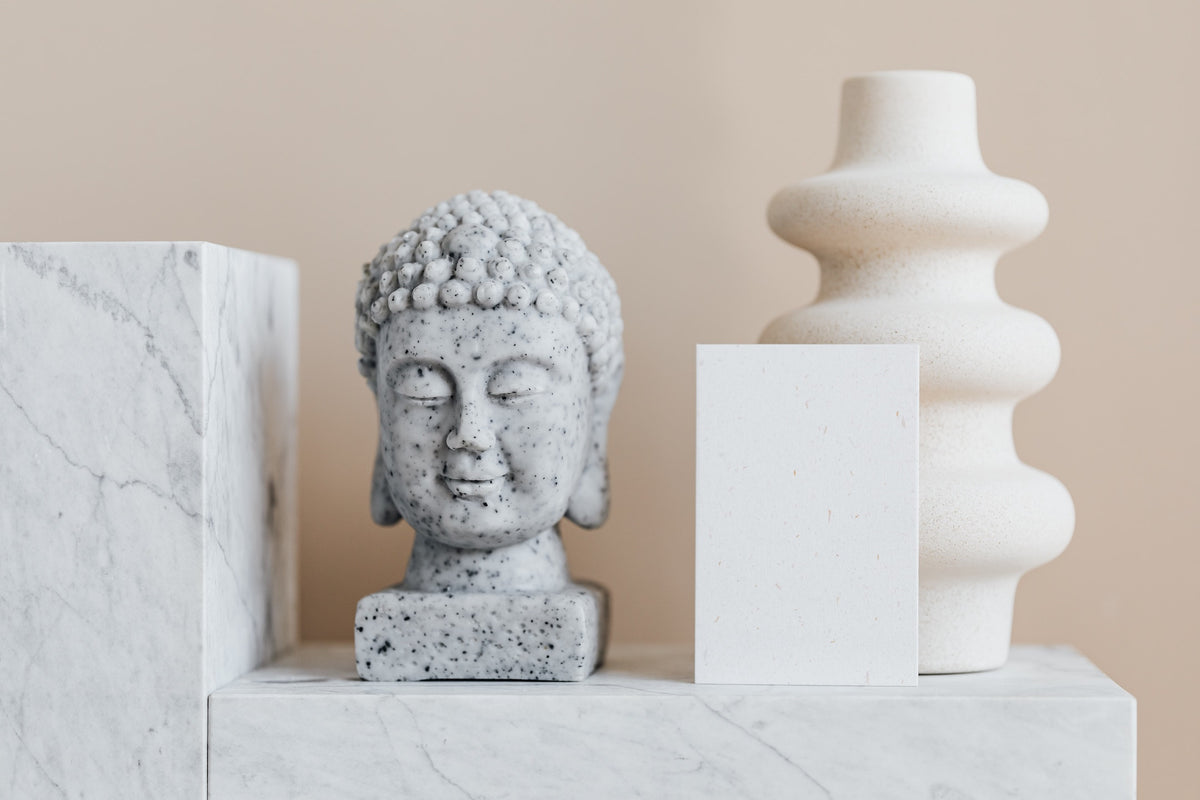
What do Oprah, Johnny Depp, Richard Branson, George Clooney, Gwyneth Paltrow, Cher, and Tommy Hillfiger have in common? They all practice the Chinese art of feng shui. Most of us have heard of feng shui, but many of us have no idea what it means. To quite a few of us, it sounds like an esoteric lifestyle philosophy, but once you learn about it, it actually starts to feel like an art form that makes intuitive sense.

Your main entryway is the portal by which energy enters, so you want to make sure that it stays clutter-free, bright, and inviting, inside and out. As happens to the best of us, mail, packages, clothing, and shoes start to block entrances. Have hooks for coats and hats and shoe racks for shoes. Switch out dim bulbs to brighter but warm lights.
Add a console table to help keep clutter off the floor. You could even add a mirror to the main entryway to brighten and enlarge the space, though make sure never to have the mirror directly facing the door, and keep it perpendicular to the door instead. Many feng shui practitioners believe that placing a mirror right across from a door repels the good energy that is trying to enter.
We’ve discussed clutter before in previous posts, but in feng shui terms, clutter is an albatross, taking up space, interrupting energy flow, and clouding intellectual and emotional clarity. Most of us have felt the weight of a cluttered home dragging us down in more ways than one.
Given that one of the goals of feng shui is to have positive energy moving organically through a space, unimpeded by unnecessary anchors, aim to remove from your space objects that don’t serve a specific purpose. For those things that do, find useful storage or organizational systems.

For instance, too much wood can lead to rigidity, whereas too much water can lead to excessive emotionalism. Too much fire can lead to aggression, while too much metal leads to one being hyper-critical, and too much earth can lead to sluggishness. Adding or subtracting elements in a room helps to ensure that you avoid these negative consequences.
In a living room, for example, a wooden coffee table with metal legs could be set up with something asymmetrical and wavy (water), as well with a greenish or brownish object like a sofa or pottery (earth), and multiple candles (fire). Assess how you feel when you are in any particular room and consider what elements may be lacking or excessively represented. You may feel a positive shift in energy once you’ve experimented with a little addition and subtraction.


